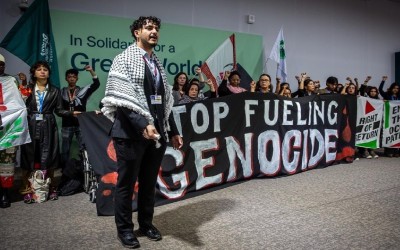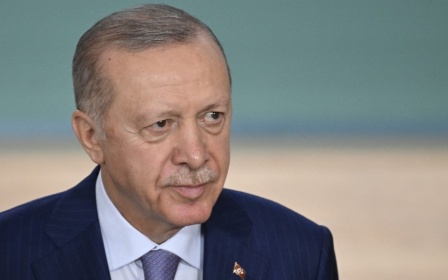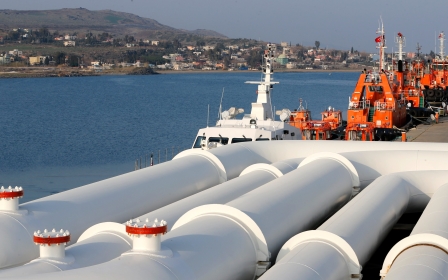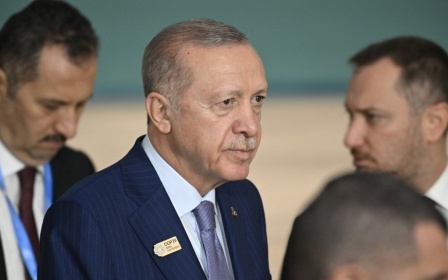New evidence reveals oil shipments from Turkey to Israel continue despite embargo
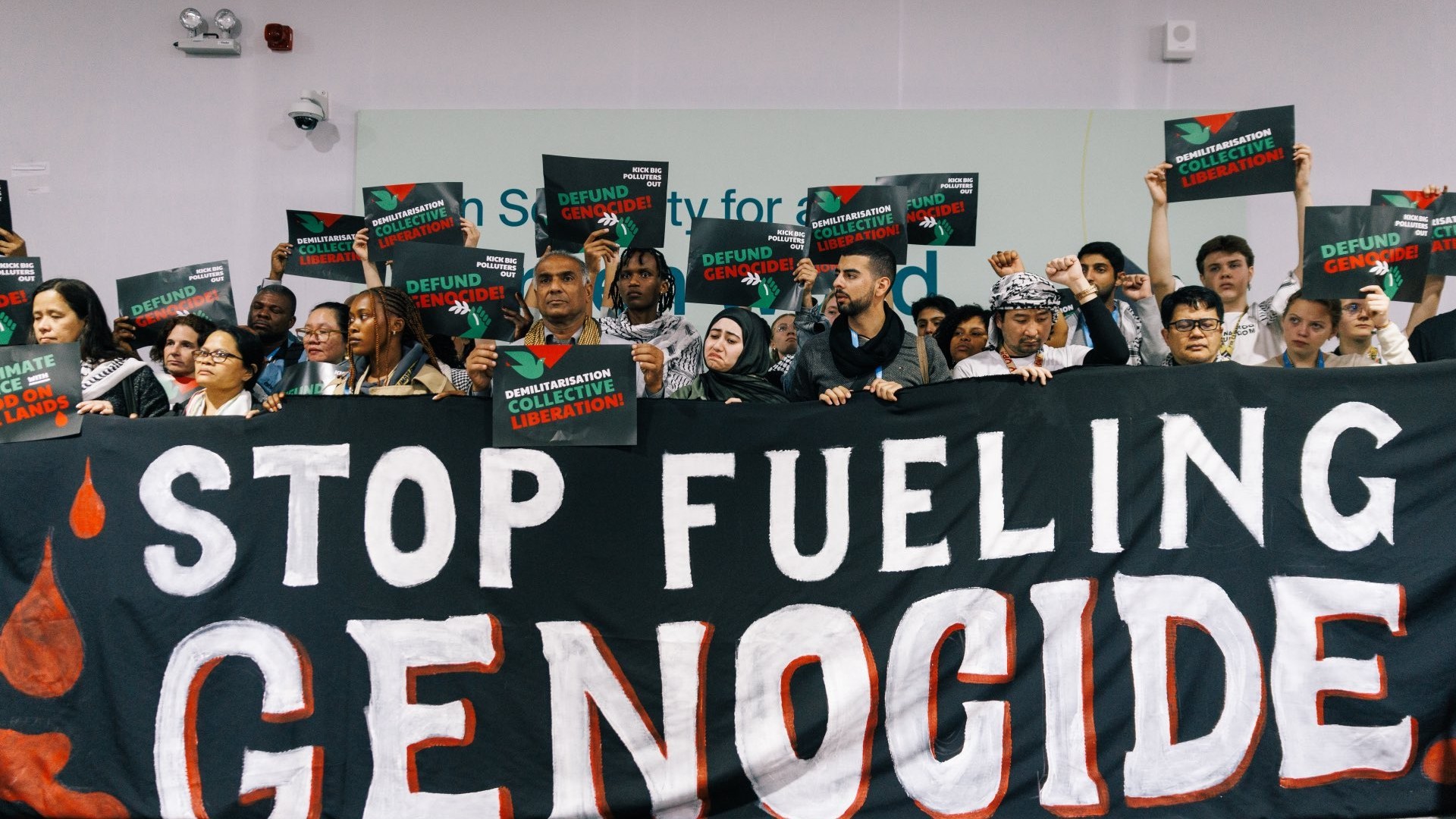
New research suggests that crude oil shipments from Turkey to Israel have continued despite Ankara’s imposition of a trade embargo in May over its Israeli actions in Gaza.
Shipping data and satellite imagery compiled by researchers from the Stop Fuelling Genocide campaign, supported by Progressive International, indicates that a tanker shipped crude oil directly from Turkey’s Ceyhan port to a pipeline near Ashkelon in Israel.
The port is the last stop on the Baku-Tbilisi-Ceyhan (BTC) pipeline, which transports crude oil from Azerbaijan. The oil is then shipped from the Heydar Aliyev Terminal at Ceyhan to Israel, accounting for almost 30 percent of its crude oil imports.
On 10 November, amid global protests against Turkey’s role in facilitating the shipments, the country’s energy minister denied that any oil tankers bound for Israel had left Ceyhan port since Ankara began its trade embargo.
But the new research suggests that a crude oil tanker onboarded Azeri crude at Ceyhan in late October and then turned off its tracking signal, only reappearing several days later in Sicily. Using satellite imagery, the researchers were able to track the boat docking at an oil terminal near Ashkelon, Israel.
New MEE newsletter: Jerusalem Dispatch
Sign up to get the latest insights and analysis on Israel-Palestine, alongside Turkey Unpacked and other MEE newsletters
Marine shipping data revealed that the Seavigour tanker arrived at the Haydar Aliyev terminal in Ceyhan on 28 October and was recorded as heavier after departure.
As the terminal is the last point on the BTC pipeline, and almost exclusively exports crude oil according to Marine Traffic, the researchers say this indicates that the tanker likely onboarded Azeri crude.
When the tanker reached the East Mediterranean Sea on 30 October, it turned off its tracking signal, only reappearing seven days later when it was bound for Riposto Port in Sicily.
According to port logs, the tanker arrived in Sicily lighter in weight, suggesting that it had offloaded its cargo between the two recorded stops.
Using satellite imagery, the researchers were able to identify the tanker as docking at the EAPC terminal near Askelon, Israel, on 5 November.
The tip of the iceberg
The researchers said they believe the shipment is not a one off and that multiple oil tankers have used the route since Turkey’s trade embargo was imposed in May.
"The evidence for Seavigour is only the tip of the iceberg in relation to ongoing trade between Israel and Turkey," Felix, a researcher from the Stop Fuelling Genocide campaign, told Middle East Eye using a pseudonym.
MEE previously reported that the advocacy group Oil Change International, which authored a report tracking oil shipments to Israel up until July 2024, said its data sources showed multiple shipments from Ceyhan since May.
Azerbaijan’s oil exports to Israel increased four-fold since the beginning of this year, ballooning from 523,554 tonnes in January to 2,372,248 tonnes in September.
A Turkish official previously told MEE that BP sells oil to intermediary companies, which Ankara cannot control, and tankers pick up the oil "without declaring their final destination".
An investigative report by Energy Embargo for Palestine revealed how crude oil supplied by the BTC pipeline is refined and used to fuel fighter jets, tanks and military vehicles in Israel’s war on Gaza.
It noted that should the International Court of Justice (ICJ) determine Israel is committing genocide in Gaza, the actors involved in the shipments, including Turkey, could be viewed as violating the duty to prevent genocide by supplying fuel to Israel.
"Israel's genocide in Gaza is predicated on a vast supply chain: arms from the US, reconnaissance flights from the UK, surveillance tech from India, oil from Azerbaijan, and ports across the globe," Varsha Gandikota-Nellutla, co-general coordinator of Progressive International said.
"Every nation has a legal obligation to prevent genocide, and every fuel shipment that is allowed breaks that obligation."
The new evidence follows an announcement by President Recep Tayyip Erdogan that Turkey was cutting all relations with Israel.
Earlier this month, Turkey barred Israeli President Isaac Herzog from using its air space to attend Cop29.
Middle East Eye delivers independent and unrivalled coverage and analysis of the Middle East, North Africa and beyond. To learn more about republishing this content and the associated fees, please fill out this form. More about MEE can be found here.


